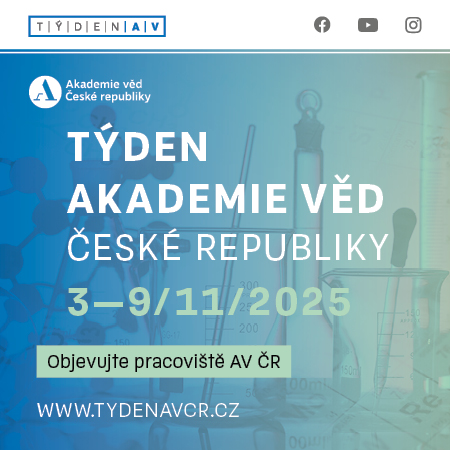Události dne
14:00 | Místnost 402 | Makroekonomie
Gisle James Natvik (BI Norwegian Business School) "The Inflation Tilt Effect"
BI Norwegian Business School, Norway
Join online
Meeting number: 2744 368 5596
Meeting password: 635478
Abstract: When higher inflation pushes nominal interest rates up, mortgage payment schedules become more front-loaded. This is the inflation tilt effect. Using Norwegian micro data, we quantify the magnitude and distribution of tilt effects across households, and estimate the extent to which they impact saving. Tilt effects are large among young and middle-aged households with high debt and high income, and pass through to their saving. We estimate that for every dollar that inflation increases scheduled current mortgage payments, households increase their real saving by 70 cents on average. We assess the welfare consequences of inflation tilt effects within a heterogeneous-household life-cycle model with adjustable-rate mortgages and borrowing constraints. The model implies that higher inflation makes constrained households with large mortgages gain wealth, but lose welfare, as they are forced to save more.
15:00 | Veřejné přednášky
Zveme vás na přednášky našich výzkumníků vrámci festivalu Týden Akademie věd ČR.
Program:
15:00 - 15:45 | místnost 6 | Miroslava Federičová, Ph.D.: Ztracení Einsteinové - Co (ne)víme o kvantitativně nadaných žácích. Doporučujeme registraci.
Nadání je potenciál, který bychom měli rozvíjet — nejen u dětí s ideálním zázemím, ale i u těch, jejichž talent může zůstat nepovšimnut. Kolik je v České republice kvantitativně nadaných žáků a jak si stojíme ve srovnání s Evropou? Jak dobře je školy dokážou identifikovat a podpořit? S využitím mezinárodních šetření (např. PISA a TIMSS) a aktuálních poznatků tato přednáška mapuje, kdo tito žáci jsou, čím se vyznačují a kde podpůrné systémy fungují či selhávají. Budeme mluvit o identifikaci, charakteristikách nadaných žáků a možných politických opatřeních — a ukážeme, kde se Česká republika nachází vůči evropským zemím a jaké konkrétní kroky mohou pomoci k odhalení dalších „ztracených Einsteinů“.
16:30 - 17:15 | Digital Media Center | Doc. PhDr. Jan Zápal, Ph.D.: Co trhy umějí a co ne? Doporučujeme registraci.
Jak fungují trhy, když si je sami vyzkoušíte? Zahrajeme si na malé „tržní prostředí“ a na vlastní kůži poznáme, jak se rodí ceny, jak se vyrovnává nabídka s poptávkou a jak do hry vstupují strategie jednotlivých účastníků. Ukáže se, že někdy trhy fungují překvapivě efektivně – a jindy naopak selhávají. Budeme proto společně diskutovat, co náš experiment vypověděl o reálném světě a jak do něj promlouvají faktory jako nedokonalé informace, nerovné vyjednávací pozice nebo omezená racionalita.
18:00 - 18:45 | Digital Media Center | Achim Ahrens, Ph.D.: The Economic Integration of Refugees (v angličtině). Doporučujeme registraci.
In many European countries, refugees face significant challenges in the labor market: they are less likely to be employed and often earn lower wages than other immigrants or native workers, even years after arriving. In Switzerland, for example, only about one in three refugees is in stable employment after five years. This lecture uses Switzerland as a case study to explore the social and labor policies that shape refugees’ opportunities, highlight the latest research on these issues, and present possible solutions, including an online job-matching platform.










